The tools-obsessed brand strategist
Path #8: YUNS founder Kelly Wright is building a new type of hardware store
In this edition of Desire Paths…
Born in South Korea and raised in South Carolina by an adopted family with a lineage of Appalachian moonshiners and Florida cowboys, Kelly Wright was destined to have a unique perspective on life. The New York-based brand strategist now runs YUNS, a new kind of hardware store.
PLUS: Kelly’s favorite tools, brands & hardware stores.
—
Other stuff before we get started…
This newsletter is growing fast. Huge thanks for your continued support. And as ever, I’d appreciate you sharing with any friends.
I’m heading to New York next week for a bit—for Courier events in NYC, a 4th of July family BBQ on Long Island, trekking around Storm King & other fun stuff. Posts over the next 2 weeks might be slightly haphazard. Back on track soon.
And look out for my Desire Paths interview with designer David McGillivray about why he’s building an art and design shop called Corners in the small upstate NY town of Livingston Manor. You won’t want to miss this one…
I’m Danny Giacopelli, an editor, photographer, traveller and small business fan. By day I’m Editor-at-Large for Courier magazine. This is my personal newsletter, Desire Paths.
Desire Paths is based on the idea that the most fulfilled, fascinating people in the world chase after risky dreams, change careers, make unconventional decisions, and cross oceans to start something new. I go deep with them—small business owners, designers, shopkeepers, farmers, billionaires, hermits, maybe even you—and share everything I learn.
Path #8: Kelly Wright of YUNS
“A hardware store is a central place where people cross paths. A platform for conversation and building community. You can tell so much about a place based on what's on the shelves and the tools people need to live their lives.”
Danny here. While I wouldn’t dare to ever call myself handy, I love tinkering and trying (the key word) to fix things. I likely get this from my dad and grandfather—the former is an electrical engineer, the latter was an army pilot and genius fixer of all things.
I’ve come to appreciate tools that mix function and design in beautiful, almost metaphysical ways. I’m hardly alone. It’s why people mount hand-painted axes on their wall like art, instead of using them to chop wood. The best tools—a hammer, knife, wrench—can almost transcend their intended use and become timeless objects.
All of this is why I was personally drawn to YUNS, Kelly Wright’s online hardware store, where she sells high-quality everyday tools and household objects. It’s simply a treasure trove of great stuff. From the elegant, to the…
…well, others are just fun.
As I learned more about Kelly’s story, I became even more intrigued about why she got into the tool-selling trade. Below is her story in her own words. And make sure to stick around at the end for Kelly’s all-time favorite tools, hardware shops and brands (from tofu and bath mats to hot sauce and puppets).
Enjoy.
—DG
A family of moonshiners & ‘crackers’
I was born in Seoul, South Korea, and was adopted as a baby. I ended up in Greenville County, South Carolina, in a super rural town called Travelers Rest. Nothing was going on back then, but now it’s exploded into this cute area that’s on all of these must-visit travel lists, which is hilarious.
My dad’s side are from the Appalachian Mountains of North Carolina. They were all farmers and moonshiners. My great-grandfather owned the operation and my grandfather and his brothers ran it. This was Prohibition era, so they had stills in the woods where no one could see them, and they literally put moonshine in the back of their pickups and raced it around the backwoods. They were really fast drivers so they could skirt away from the police. Deep Appalachian vibes! My mom’s side are from central Florida. Super rural as well. My grandfather worked in the orange groves as a ‘Florida cracker’—what Florida calls their cowboys—while my grandmother cleaned oranges in the factories and put them into boxes.
Years later, my parents met in college in South Carolina. They weren’t able to have kids, but my grandma saw a slideshow at church about adopting from Asian countries, and she told my mom to adopt a baby from Korea. So they adopted me! My brother was also adopted, but he was born in South Carolina. He’s white and seven feet tall. We couldn’t be more opposite.
Finding herself & fitting in
So I grew up in this small town where everybody knew each other. The main street had two hardware stores, a feed & seed store, and a car wash. That was pretty much it. My best friend lived next to me and we would play around on his family’s farm and in the woods. In many ways it was a cute, idyllic childhood. There was a dark side, of course. A Lynchian underbelly. It could be racist and small-minded, in that super small town kind of way. And generally, I always felt like a weirdo. Everyone said I didn’t fit in. But I embraced that—especially as I got older. I valued this weird amalgamation of backgrounds and different facets of my identity.
By high school, I got to know myself more and what my interests were. I started going to a great magnet art school. It changed my life. It was a bunch of artistic weirdos and freaks, all taught by amazing visual artists, writers and musicians. They celebrated your weirdness and uniqueness. It’s how I embraced the arts and creativity. And it’s the reason I moved to New York.
Falling in love with NYC
For my 16th birthday, I begged my parents to bring me to New York. When I got here, I knew immediately that I needed to be here. So after college in South Carolina, I got a job in advertising in NYC. I was an account executive…but I had no idea what that meant. I just needed to get out of South Carolina. I was not good at that job. My boss was a great mentor and essentially said, “You suck at this job, but you should do this other thing in advertising called brand strategy.” He knew I was more creative. He saw what I was good at and how my mind worked. That unlocked everything for me.
Back then, life in New York was a playground. It was amazing. Williamsburg had already become a thing and popped off by the time I got there, but you could still feel that rawness, the DIY spirit that had built it over the years. You could still feel the last parts of it. And eating Korean BBQ for the first time in my life blew my mind. I went with a Korean friend from work who told me how it works. It was life changing and something I wish I’d been able to embrace about myself beforehand.
Life as a brand strategist
So I became a brand strategist in advertising. And what I really liked about it was that it was grounded in social sciences—anthropology, sociology, psychology—and involved talking to people and understanding them. One of the first pitches I worked on was for IKEA. It was seen as a ‘city brand’ and we wanted to position it as a brand for middle America, too. My boss was like, “You're from a small town, right? What if we sent you to live down there for a month and shoot a documentary with a crew?” I’d take people to IKEA, transform a room in their home, and document what happens. So I did. I picked a friend who lived in a double-wide trailer and friends of my parents who were grandparents raising their grandkids. It was amazing.
So many companies see people as numbers or lines on a spreadsheet. But the driving job of strategy was to get companies to understand people in a deeper way, for who they are deep down. There’s beauty in that. And yet…
Thinking about starting her own thing
Despite loving what the job could be, I couldn’t help feeling unsatisfied. Strategy once meant getting out into the field, but it had become more about sitting behind a computer screen and making slide after slide and presentation after presentation.
I remembered growing up, being a scrappy kid, playing in the dirt and running around. And I realized I wanted to make something with my hands, something physical, and feel that interaction with people again. What would that look like to create my own job, do my own thing? Well, it would be a hardware store!
Why open a hardware store?
The idea came from the pool of experiences swimming around my subconscious that I’d never really tapped into—and for a long time wanted to run away from. It has such a symbolic, meaningful place in my family's livelihood and the way I grew up. Every few years in NYC I’d move to a new place and my parents would come up to visit me. And the first thing my dad always did was visit my local hardware store. “I need to meet the owner,” he’d say. “I want to know he's going to look after you!”
A hardware store is a central place where people cross paths. A platform for conversation and building community. When I travelled, the first place I’d always go in a new city was a hardware store. In Japan they’re so different than Jamaica, and in the farming community where I grew up they’re so different than in Brooklyn. You can tell so much about a place based on what's on the shelves and the tools people need to live their lives.
The joy of sharing skills
I wouldn’t say I’m Bob Vila, but my dad, brother and grandfathers have shown me how to do certain things over the years—how to use tools and be handy. My dad thought it was important: I’m going to teach you this and this and this.
When I got to New York, I realized a lot of people didn’t have that experience. Many people didn’t even have tools! Friends would ask me, “Hey, can you help me do this? I don't have screwdrivers.” I'm like, what!? So I would help them. That's also what convinced me that a hardware store was what I should be doing. Creating a more accessible entry point into tools, hardware, and learning how to do things yourself felt like such an interesting gap.
Can a hardware store be online only?
My dream was to open a brick and mortar shop. The thing is, a lot of independent hardware stores, especially in cities, actually belong to a co-op like Ace, True Value or Do It Best. You get access to their catalog of tools, they help you with POS and marketing, and they set you up for success. You can be fully franchised, as it were, or a mom-and-pop that’s powered by them. I looked at these options, but the numbers were insane. I just didn’t have the money. I’d also need to take out loans on top of it. So I put away the idea for a while. But a few years later I still really want to do it and I wrote a business plan… and then COVID happened.
I had a friend who lived upstate. And as soon as it was safe to travel, I went up to visit her. We were just walking around and she was like, “Have you ever thought about selling online?” I told her it wasn’t really what I had in mind. I wanted to build a real community, a space where conversations happen. I didn’t want to be an e-commerce site. But she was like, “You really should reconsider. I don't think you have to just be one or the other. Use it as a test to see if the concept works before you invest all your money or give up on it altogether.” She was right. I just needed to open my mind.
Introducing YUNS
I thought, what if I did a curation of the basic things everybody should have in their toolbox? The differentiator being super high-quality, amazing design and a great story or brand connected to it. Tools that are respected, heirloom pieces, things you’ll have forever. ‘Tool’ for me has a broader definition—it’s really anything that’s useful, helpful, practical or utilitarian. So I also now have fun and quirky items that people might be interested in if they don’t just want tools with a capital T.
I thought maybe my friends and family would support me and that’ll be it. But it’s exceeded my expectations. It’s been a real surprise and so exciting. People are coming to me for recommendations on things like mallets or beautiful tape measurers. They ask me for classes and how-to videos. It’s become a diverse community—younger, older, creatives, non-creatives. There are 20-something women emailing me and older men in Iowa, too. Such a spectrum. And that's what’s blown my mind. All of these people can cross paths. And that’s exactly what a modern hardware store should be.
*KELLY’S FAV THINGS*
FAVORITE TOOLS…
Chapman Mfg. Pocket Ratchet Screwdriver: ‘Made by one of the rare woman-owned tool companies in the US and also a green-certified manufacturer. They only make screwdrivers. This one is perfect for small awkward spaces or just to keep in your bag or glove box just in case.’
Klein Glow-in-the-Dark Long Nose Pliers: ‘My brother introduced me to Klein and to the hi-viz/glow series that included these pliers. The reason they glow is because Klein is used by electricians/linesworkers who work in the dark a lot and can't see their tools if they drop them. I always found the design to be amazing, but fell in love with them later on when I used them for camping—so useful.’
Stabila Magnetic Level: ‘Everyone needs a reliable level. Most apartment renters especially just need something for hanging art or shelving or shower tension rods... and this does the trick. Stabila is a highly-respected German brand known for their precision and durability.’
FAVORITE HARDWARE STORES…
Ferreteria Llanza: Barcelona, Spain. ‘Since 1928. The proprietor is the grandson of the original owner and runs it exactly like his grandfather. Everything is stored in boxes labeled in old calligraphy and sold in bulk—no plastic bags or containers. Mr. Llanza memorized the catalog of 4,000+ boxes and climbs a huge ladder to retrieve what you want to buy. It's special, feels like a history museum.’
Anzen Hardware: Little Tokyo, Los Angeles. ‘I lived in LA years ago and stumbled upon this spot after getting noodles one day. It’s been around for 75+ years and specializes in Japanese tools & household items. I love that it’s super focused on its point-of-view and carries beautifully designed everyday items.’
FAVORITE BRANDS…
BCD Tofu House: ‘The original and definitive. My favorite tofu spot that I learned about in LA, but thankfully there are 2 in NYC. Nothing better than boiling mini cauldrons of spicy red tofu that burns your mouth and gets all over your face and clothes. Plus, right when you sit down they hand you a small, whole fried fish as an amuse bouche of sorts.’
Sasawashi Bath Mats by Morihata: ‘I don’t like most bathmats, I have an aversion to them. They’re always kind of gross? But these are so good. Made with kumazasa plant found in Japan, the fibers are strong and naturally antibacterial, which prevents mildew and deterioration. They feel unlike any bath mat I’ve ever used and I like the simplicity of the design and materials.’
Bob Baker’s Marionettes: ‘Iconic marionette puppet theatre in Los Angeles that I've been obsessed with for a long time. During COVID I would watch their Instagram Live one-puppet shows they would do regularly every week, and it always made me feel a little better during all of those hard weeks and months. Now I have a kid and I’m really excited to eventually take him to a show. Marionettes are inherently a little creepy, which I think is cool, so I hope he enjoys it and isn't freaked out.’
Jah Mama Hot Sauce: ‘I’m not really a hot sauce person, but my husband has loved this since it first came out a couple of years ago and for some reason I’ve recently started to eat it on everything. Literally, everything. I thought about putting it on a brownie last week. I didn’t, but I thought about it for 5 seconds longer than I should have. The founder based it on the last jar of homemade scotch bonnet hot sauce his mom sent him before she passed; apparently he still has a tiny bit left in the original jar and has preserved it.’
Go deeper… YUNS shop // YUNS on IG
UNTIL NEXT TIME,



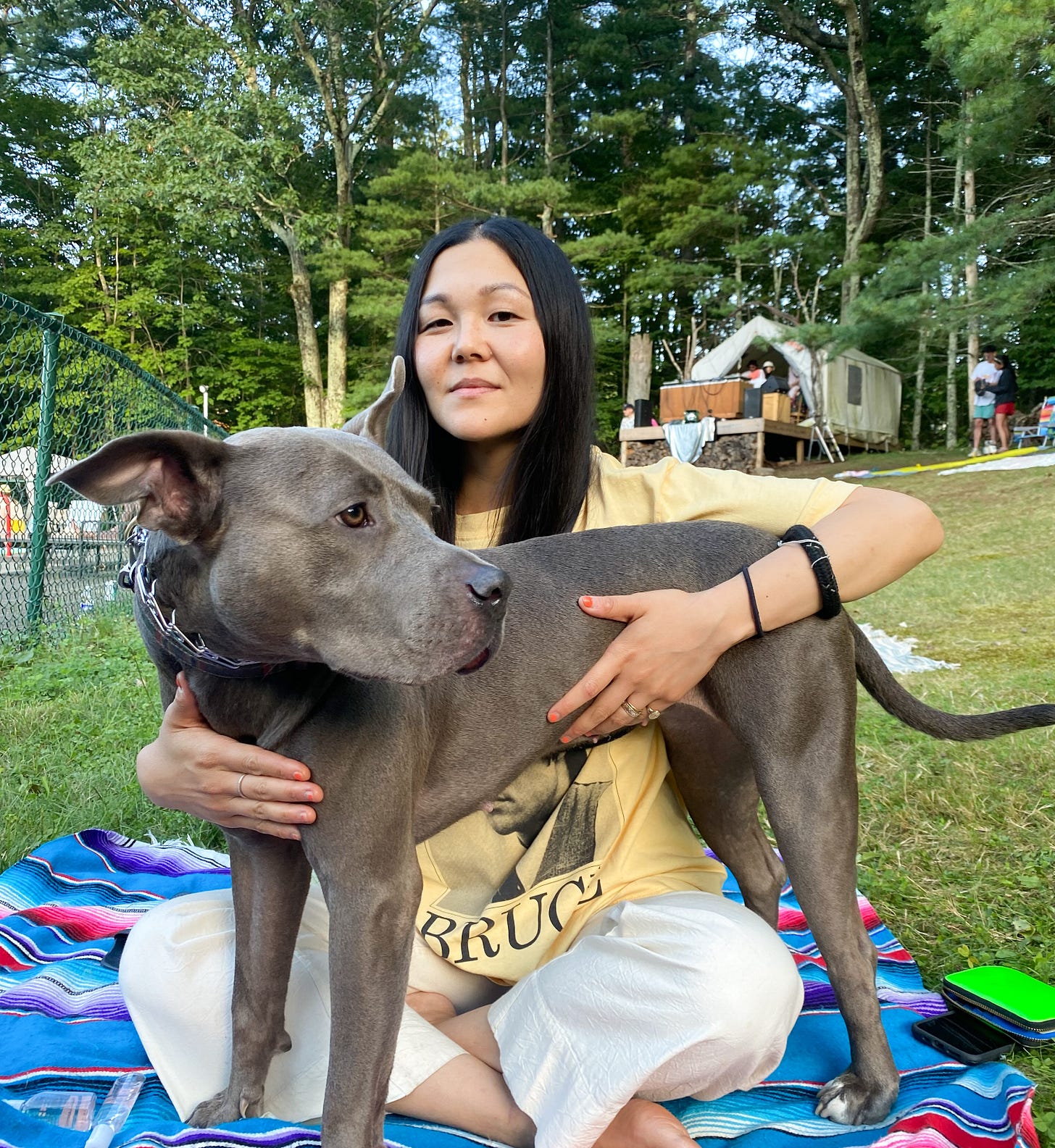


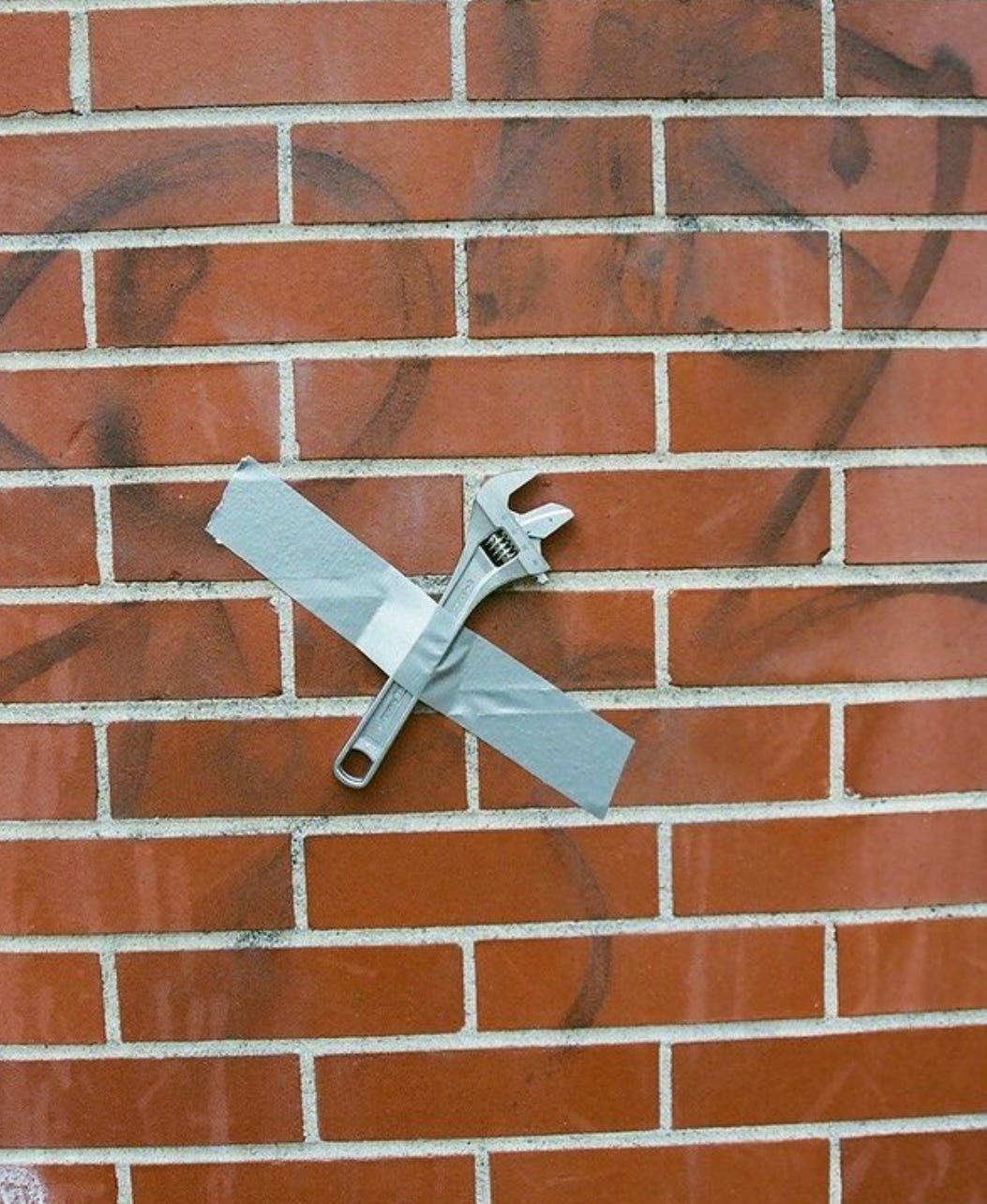
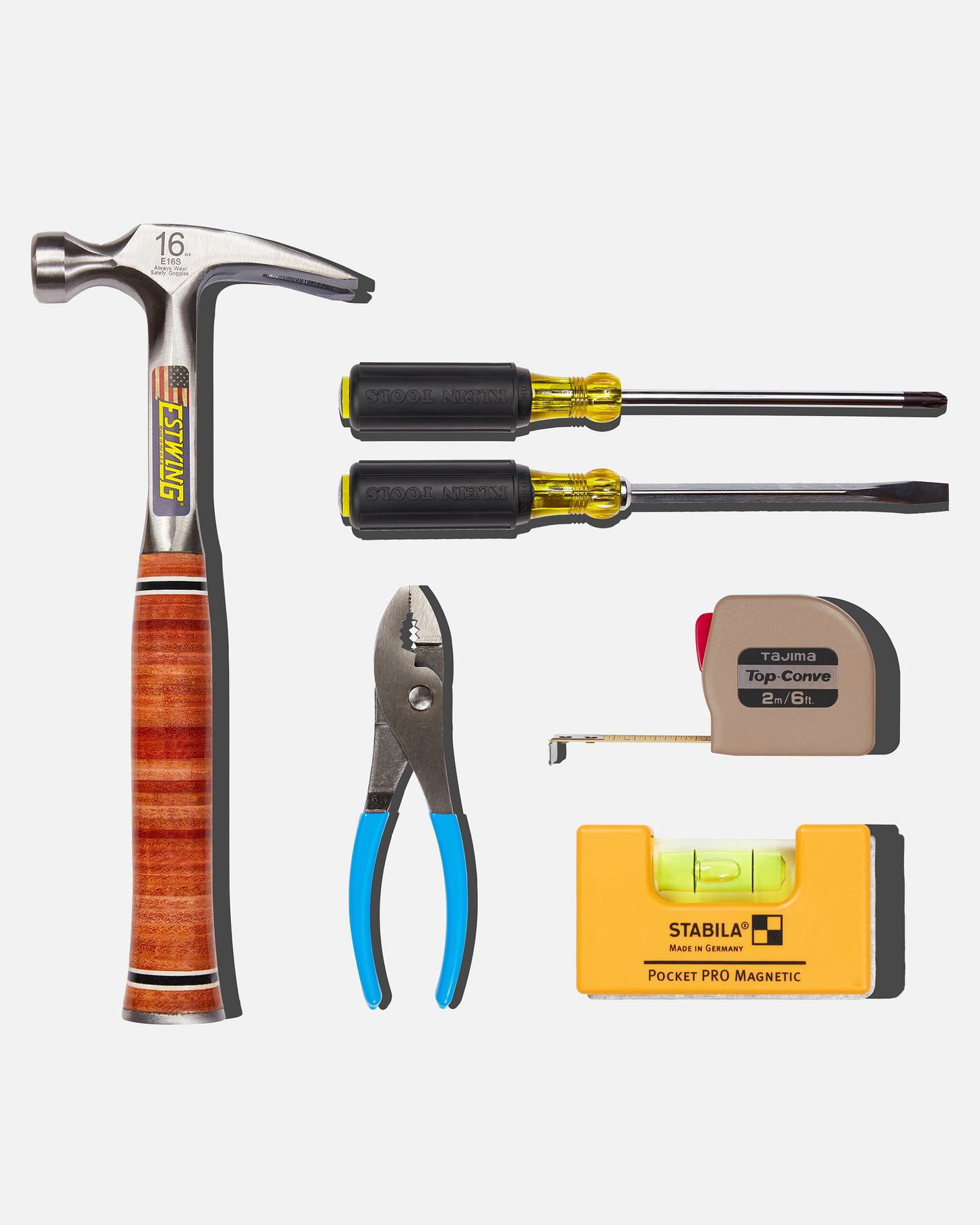
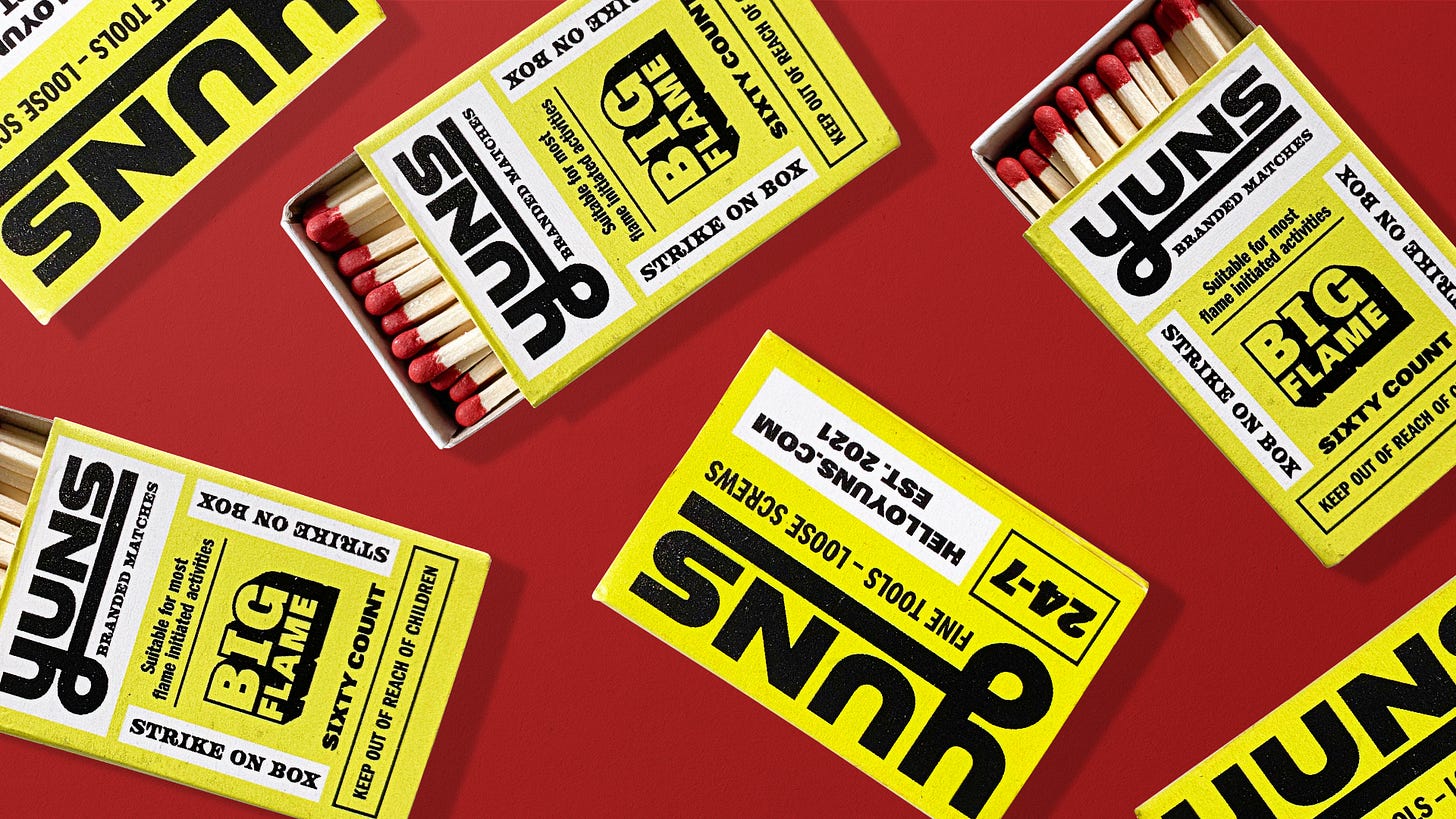
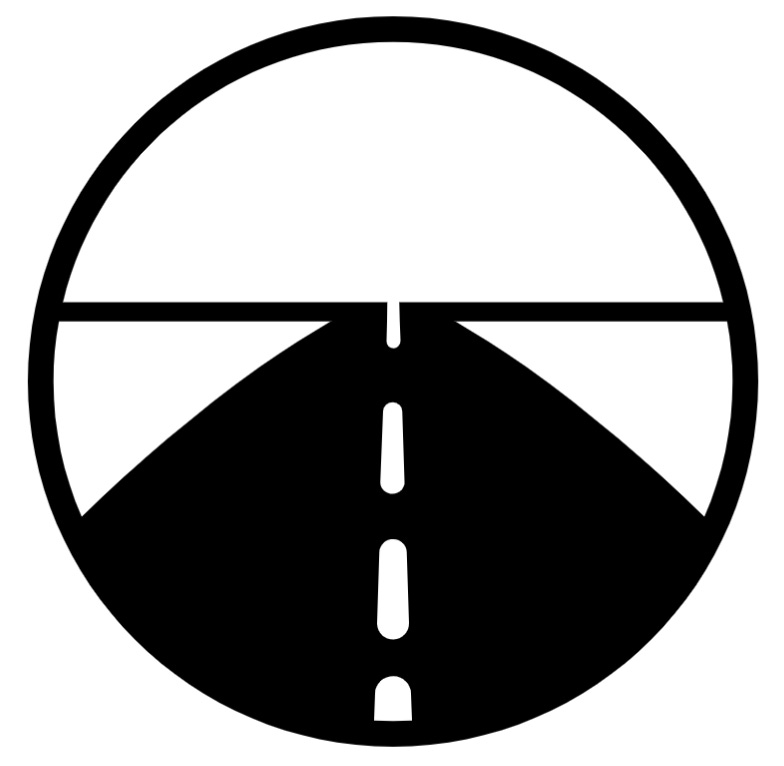




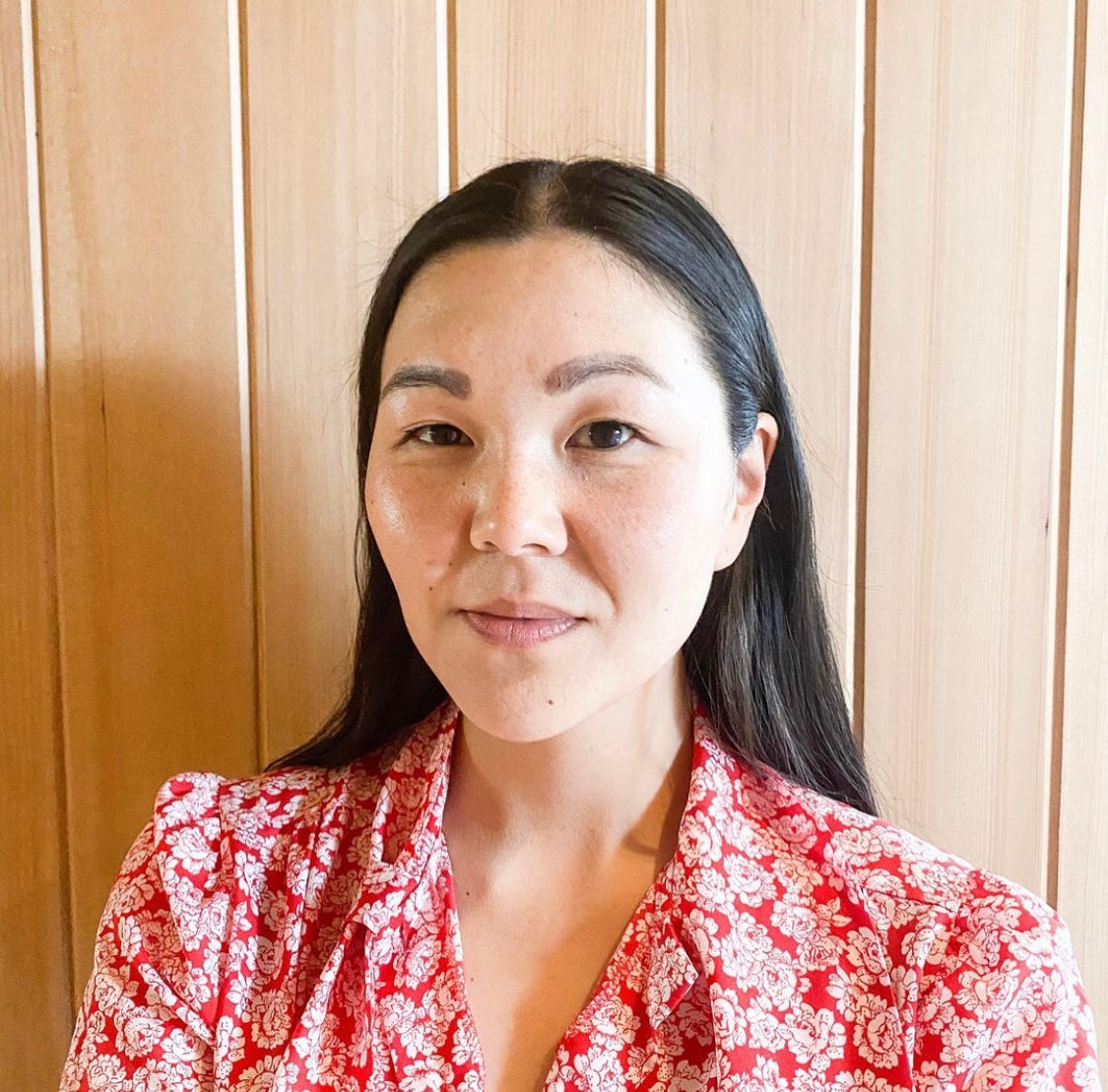

amazing story, store, and curation. I'm diggin' this. thanks for the discovery ✌️